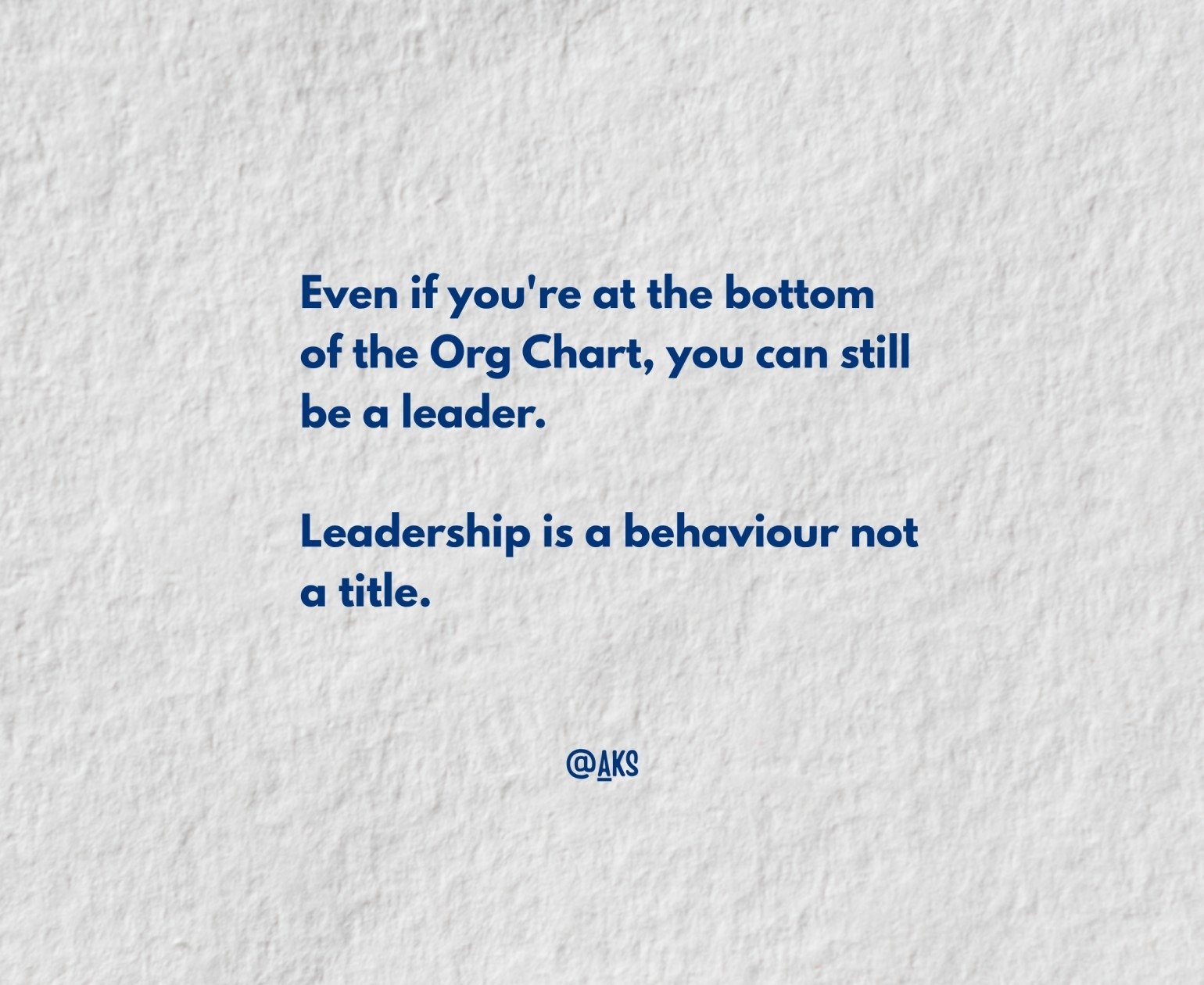Overcoming Imposter Syndrome
Updated: May 14, 2025
Understanding, Addressing, and Thriving Beyond Self-Doubt

What is Imposter Syndrome?
Have you ever achieved something great, only to feel like you don’t really deserve the recognition? Do you find yourself brushing off compliments, thinking, “I just got lucky,” or “Anyone could have done this”? If so, you might be experiencing Imposter Syndrome—a psychological pattern where individuals doubt their accomplishments and fear being exposed as a "fraud," despite having the skills, experience, and qualifications to back them up.
This phenomenon is surprisingly common, even among the most successful people. Studies suggest that 70% of professionals experience imposter syndrome at some point in their careers. From high-achieving students to seasoned executives, no one is immune. Michelle Obama, Maya Angelou, and Albert Einstein all admitted to experiencing feelings of fraudulence despite their remarkable achievements.
But why does imposter syndrome occur? And more importantly, how can we overcome it?
Causes: Why Do People Experience Imposter Syndrome?
Imposter Syndrome doesn’t just appear out of nowhere—it often has deep-rooted psychological and social triggers. Here are some of the most common causes:
1. Perfectionism and Unrealistic Expectations
- People with imposter syndrome often set unattainably high standards for themselves.
- Even when they achieve 90% of their goals, they fixate on the 10% they didn’t accomplish, feeling like they failed.
- This self-imposed pressure leads to anxiety, over-preparation, and burnout.
2. Upbringing and Childhood Conditioning
- Many individuals who experience imposter syndrome grew up in environments that emphasized achievement over effort.
- If you were constantly compared to others or felt like success was never "good enough," you may have internalized the belief that you must always strive for more.
3. Social Comparison and the Digital Age
- With social media constantly displaying "highlight reels" of people’s lives, it’s easy to feel like everyone else has their life together while you’re struggling behind the scenes.
- This endless comparison creates the illusion that your achievements aren’t as significant as others’.
4. Fear of Failure and the Pressure to Succeed
- Some people fear that if they fail even once, it will prove that they were never really competent in the first place.
- This fear prevents them from taking risks, asking for promotions, or embracing new opportunities.
5. Rapid Success and Self-Doubt
- When people achieve quick success, they sometimes feel like they haven’t earned it.
- Instead of recognizing their hard work, they believe their success is due to luck, timing, or external factors.
If you recognize yourself in any of these causes, don’t worry—you’re not alone, and there are ways to change these thought patterns.
Signs of Imposter Syndrome!
How can you tell if you (or someone you know) are dealing with imposter syndrome? Here are some key signs:
- Attributing success to external factors, like luck or help from others.
- Fear of being exposed as incompetent, even when there’s no real evidence of it.
- Constantly doubting your abilities, even with experience and achievements.
- Overworking or over-preparing because you feel like you need to prove yourself.
- Avoiding challenges out of fear of failure.
- Dismissing positive feedback, thinking people are just being nice.
- Feeling guilty about success, especially when others around you are struggling.
If these behaviors sound familiar, you might be experiencing imposter syndrome—but the good news is, you can overcome it.
How to Support Someone with Imposter Syndrome?
If a friend, colleague, or employee struggles with imposter syndrome, here’s how you can help:
✅ Acknowledge Their Feelings Without Dismissing Them
- Instead of saying, "Oh, don’t be silly, you’re great!" try, 👉 “I understand why you feel that way, but let’s look at the facts—your hard work and skills got you here.”
✅ Remind Them of Their Achievements
- Help them recognize their progress by pointing out specific accomplishments.
- Encourage them to keep a "success journal" to track wins, no matter how small.
✅ Encourage a Growth Mindset
- Shift the focus from "I should already know everything" to "I am always learning and improving."
- Normalize mistakes as part of the journey.
✅ Be a Source of Encouragement and Validation
- Sometimes, a simple, “I believe in you” can make a world of difference.
✅ Share Your Own Experiences
- If you’ve struggled with imposter syndrome, share your journey.
- Knowing that even successful people have self-doubts can be reassuring and empowering.
Overcoming Imposter Syndrome – Smart Strategies
Breaking free from imposter syndrome isn’t about eliminating self-doubt completely—it’s about learning to manage it and not letting it hold you back.
1. Challenge Negative Thoughts
Whenever you catch yourself thinking, “I don’t deserve this,” ask yourself: 👉 What evidence do I have to support this thought? 👉 What would I say to a friend who felt this way? Most of the time, you’ll realize these thoughts are based on fear, not facts.
2. Reframe Your Success Story
Instead of saying, “I was just lucky,” tell yourself, “My skills and efforts helped create this opportunity.”
3. Keep a Success Journal
Write down: 📌 Major and minor achievements 📌 Compliments or positive feedback from colleagues, mentors, or clients 📌 Times when you overcame challenges
This helps you recognize how far you’ve come.
4. Accept That Growth is a Continuous Process
No one knows everything. The most successful people are lifelong learners. Instead of feeling inadequate, embrace learning as a natural part of life.
5. Talk About It
- Imposter syndrome thrives in silence. The more you talk about it with trusted friends, mentors, or a coach, the easier it is to dismantle.
- You’ll be surprised how many people feel the same way!
6. Take Action Despite Fear
- Doubts will always be there, but courage is about acting anyway.
- Apply for that promotion, start that project, or take on that new challenge—even if you feel unsure.
- Action creates confidence!
You Are Not an Imposter
If you’ve ever doubted your achievements, you’re not alone. But remember—you didn’t just get lucky. You earned your success.
💡 The key to overcoming imposter syndrome is to recognize it for what it is—a mindset, not a reflection of your actual abilities.
🚀 Believe in your worth. Own your success. Keep moving forward.
#ImposterSyndrome #SelfDoubt #GrowthMindset #ConfidenceBoost #BelieveInYourself #MindsetMatters #SuccessTips #PersonalGrowth
Recent Posts See All

The Quiet Trap!
0 0

The Leadership Trap.
0 0

Need a Higher Org Chart Title to Lead?
0 0
